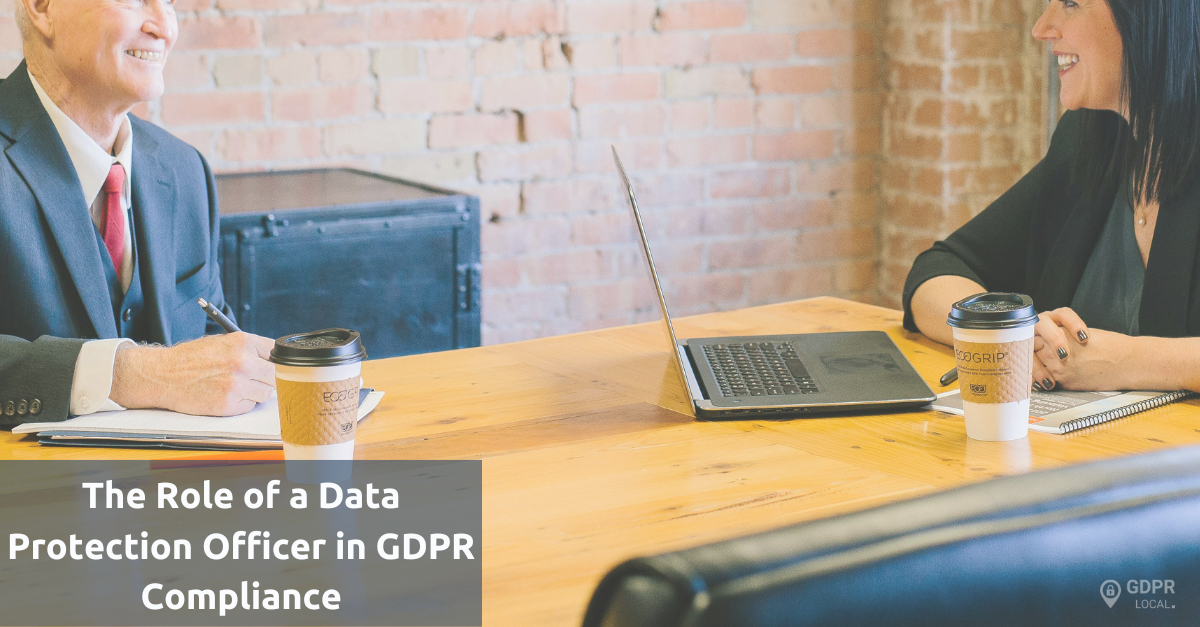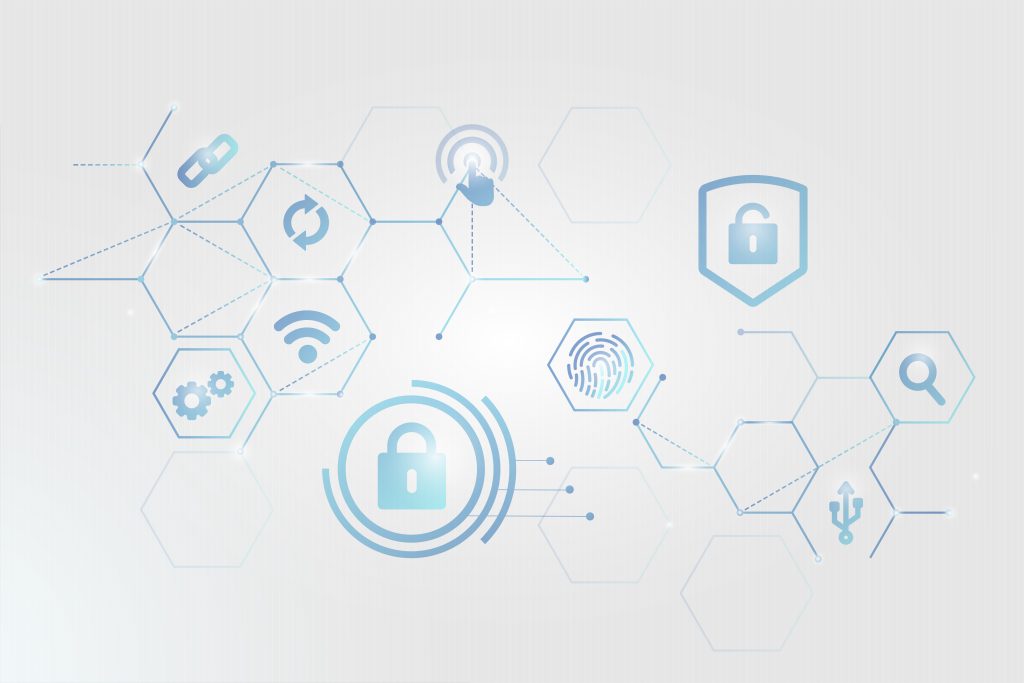
The Role of a Data Protection Officer in GDPR Compliance
In our world centered around data, it’s crucial for organizations to make safeguarding personal information a top priority. With the enforcement of the European General Data Protection Regulation (GDPR) on May 25, 2018, the role of a Data Protection Officer (DPO) has become crucial in ensuring compliance with the regulation. This article explores the significance of a DPO in GDPR compliance and how they can transform an organization.
Understanding the GDPR DPO
The GDPR DPO is a key figure in the new data governance paradigm. Unlike previous data protection roles, the GDPR DPO has a clearer legal mandate, function, and license to operate. They are responsible for overseeing data protection activities within an organization and ensuring compliance with the GDPR.
The GDPR DPO can be an internal employee or an external appointment. Regardless of their position, they must possess expert knowledge on data protection and act independently to avoid conflicts of interest. They report directly to the highest level of management, ensuring their autonomy and influence within the organization.
The Benefits and Risks of Appointing a GDPR DPO
While not all organizations are legally required to appoint a GDPR DPO, doing so brings numerous benefits. First, it demonstrates a commitment to data governance accountability and compliance. Second, the GDPR DPO provides invaluable expertise in navigating the complexities of the regulation. Third, having a DPO enhances an organization’s ability to handle data breaches and respond to GDPR regulators effectively.
On the other hand, choosing not to appoint a GDPR DPO can be risky. It may lead to a lack of capacity in building and maturing data protection programs. Organizations without a DPO may struggle to liaise with GDPR regulators, respond to data breaches, and stay up to date with data protection best practices.
The Role and Responsibilities of a GDPR DPO
The GDPR DPO’s primary role is to inform and advise an organization on data protection matters. They monitor compliance, raise awareness of data protection issues, and promote a culture of protection of personal data within the organization. The DPO provides guidance on the interpretation and application of data protection rules, ensuring the organization adheres to the GDPR requirements.
Additionally, the GDPR DPO plays a crucial role in Data Protection Impact Assessments (DPIAs). They assess the potential risks and impacts of data processing activities and provide recommendations to mitigate any potential harm to individuals’ privacy rights.
Overcoming Challenges as a GDPR DPO
While the GDPR DPO role is legally mandated, some organizations face challenges in fully embracing the role. Inertia, resistance to change, and a lack of understanding of the GDPR’s significance can hinder the effectiveness of the DPO. In some cases, the DPO is seen as an outsider or an arms-length advisor, rather than an integral part of the organization’s data protection efforts.
To overcome these challenges, organizations must prioritize the independence and influence of the GDPR DPO. They should ensure that the DPO has the necessary resources, expertise, and proximity to data processing activities to fulfill their role effectively. Additionally, fostering a culture of transparency, accountability, and proactive data protection measures is crucial for the success of the GDPR DPO.
The Role of GDPR DPOs in Large Organizations
Large organizations subject to multiple data protection laws must consider how the GDPR DPO role influences their global data privacy programs. The GDPR DPO can play a significant role in shaping the structure and substance of data privacy efforts within these organizations. However, it is essential to avoid trapping the unique elements of the GDPR DPO role within governance systems that prioritize uniformity and efficiency over effectiveness.
The Importance of Compliance with GDPR DPO Requirements
Compliance with GDPR DPO requirements is essential to avoid fines and penalties. Organizations that fail to appoint a GDPR DPO when legally required may face fines of up to 4% of their annual global revenues or €20 million. GDPR regulators are actively enforcing these requirements and have issued fines to organizations that have not met the legal obligations of the DPO role.
The Role of External DPOs in GDPR Compliance
Some organizations choose to appoint external or outsourced DPOs to ensure independent and expert analysis of their data protection efforts. External DPOs can provide a fresh perspective, free from internal factions and corporate inertia. However, organizations must provide adequate internal support systems and access to ensure effective collaboration with external DPOs.
The Future of the GDPR DPO Role
As the GDPR continues to shape data protection practices, the role of the DPO will remain critical. Organizations must recognize the value of the DPO in ensuring compliance, protecting personal data, and building trust with individuals. The GDPR DPO should be seen as a valuable ally and advisor rather than a mere compliance requirement.

Conclusion
The GDPR DPO plays a vital role in ensuring compliance with the regulation and protecting individuals’ personal data. Their expertise, independence, and influence within an organization are crucial to effective data protection efforts. Organizations must prioritize the role of the GDPR DPO and provide the necessary resources and support to fulfill their responsibilities. By doing so, they can transform their data protection practices and build trust with their customers and stakeholders.
Contact us for Expert DPO Services. GDPRLocal offers comprehensive DPO services to assist organizations in meeting their GDPR compliance requirements. Our team of experienced DPOs provides virtual DPO services tailored to your specific needs. Contact us today to discuss how we can support your organization in achieving ongoing compliance and data protection excellence. Our pricing is based on the amount of time you require, ensuring cost-effectiveness and flexibility in meeting your compliance needs.